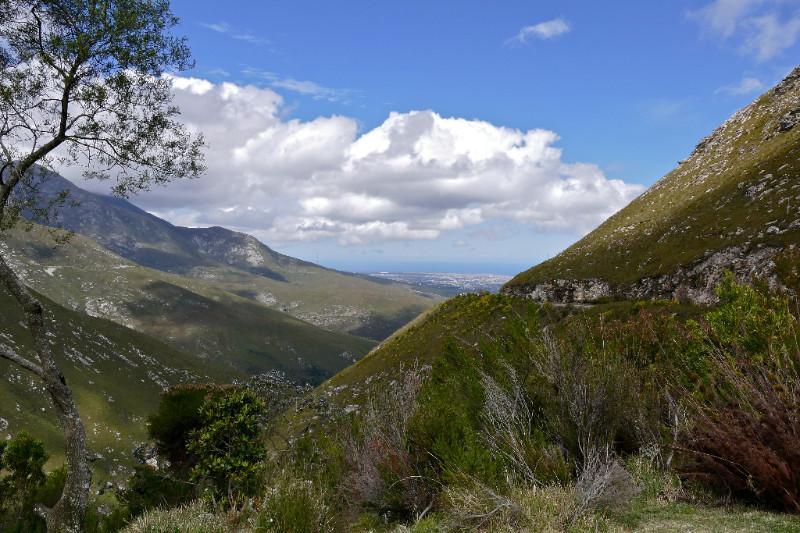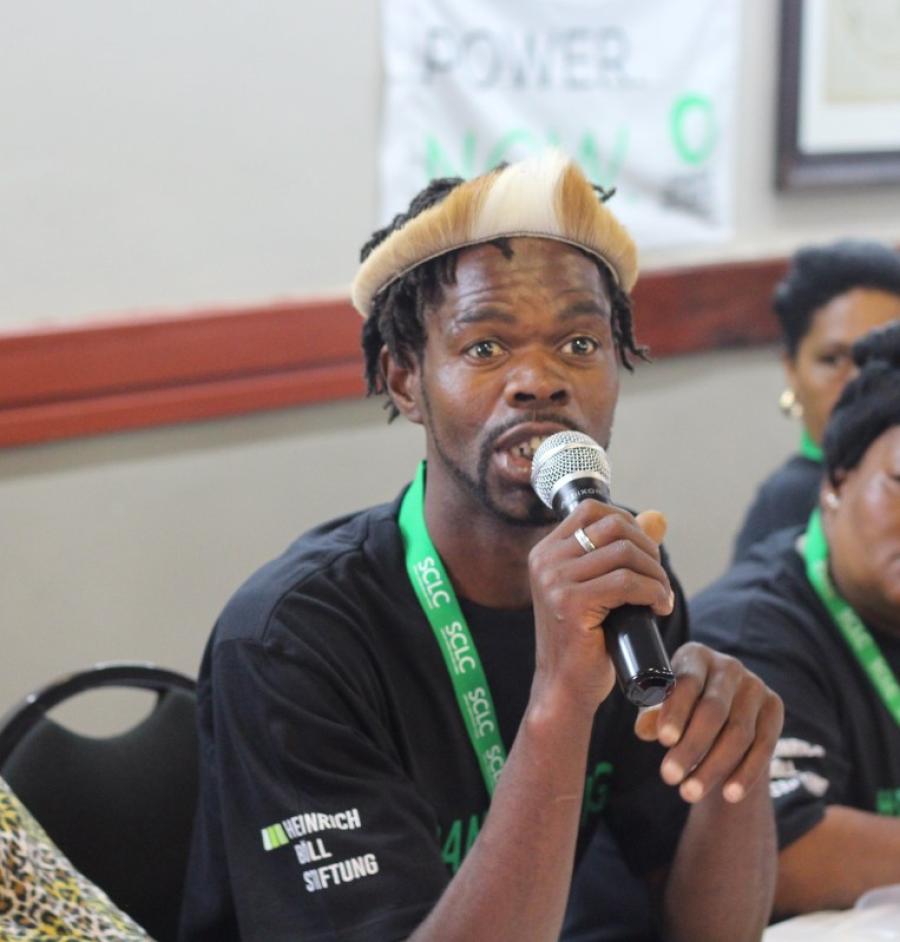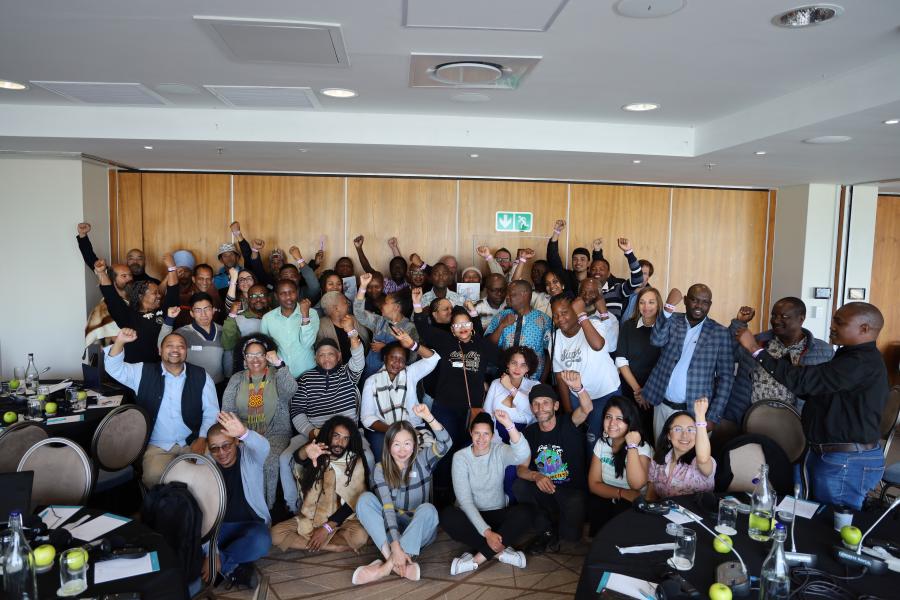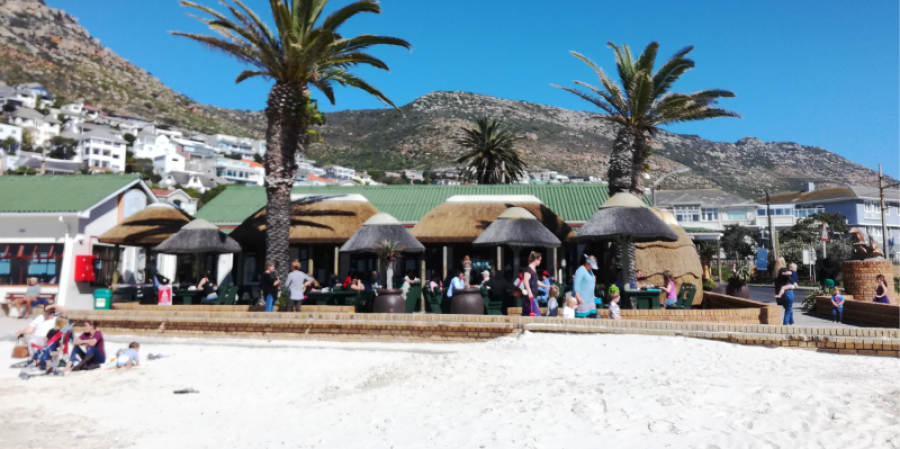
In South Africa, painful legacies of European colonization and the enslavement of Indigenous Africans are still having repercussions today. In an effort to acknowledge this history and heal lasting traumas, members of the Khoi San community in the Southern Cape of South Africa will gather on the 1st of December of this year to visit what is assumed to be the burial site of more than 600 enslaved Indigenous South Africans, and will hold a remembrance walk to commemorate their lives. Hear the details of this event in our newest radio program, "Indigenous South Africans Honor the End of Slavery". Also, learn more about slavery in South Africa with a program about Sarah Baartman, and check out an interview with Nancy Bordeaux for her perspective on healing intergenerational trauma, both included below.
This example of Indigenous organizing is just one way that communities are joining together to rectify historical injustices enacted on them by colonizers and conquerors. What efforts in your community are working towards undoing historical trauma? Use our radio content to start a conversation with family, friends, and neighbors about pathways towards healing.
As always, the programs included below are free to download, broadcast, and share!






